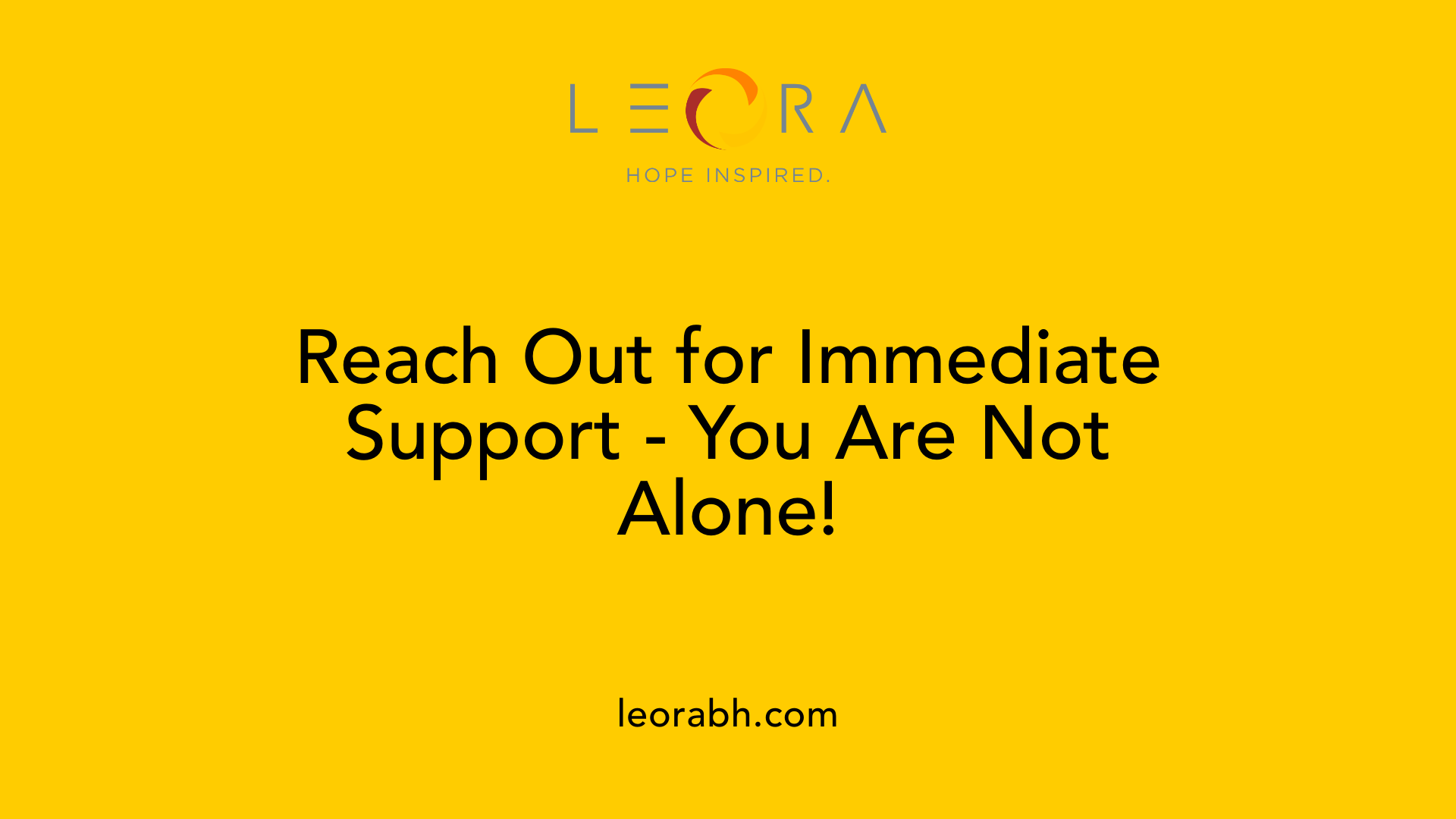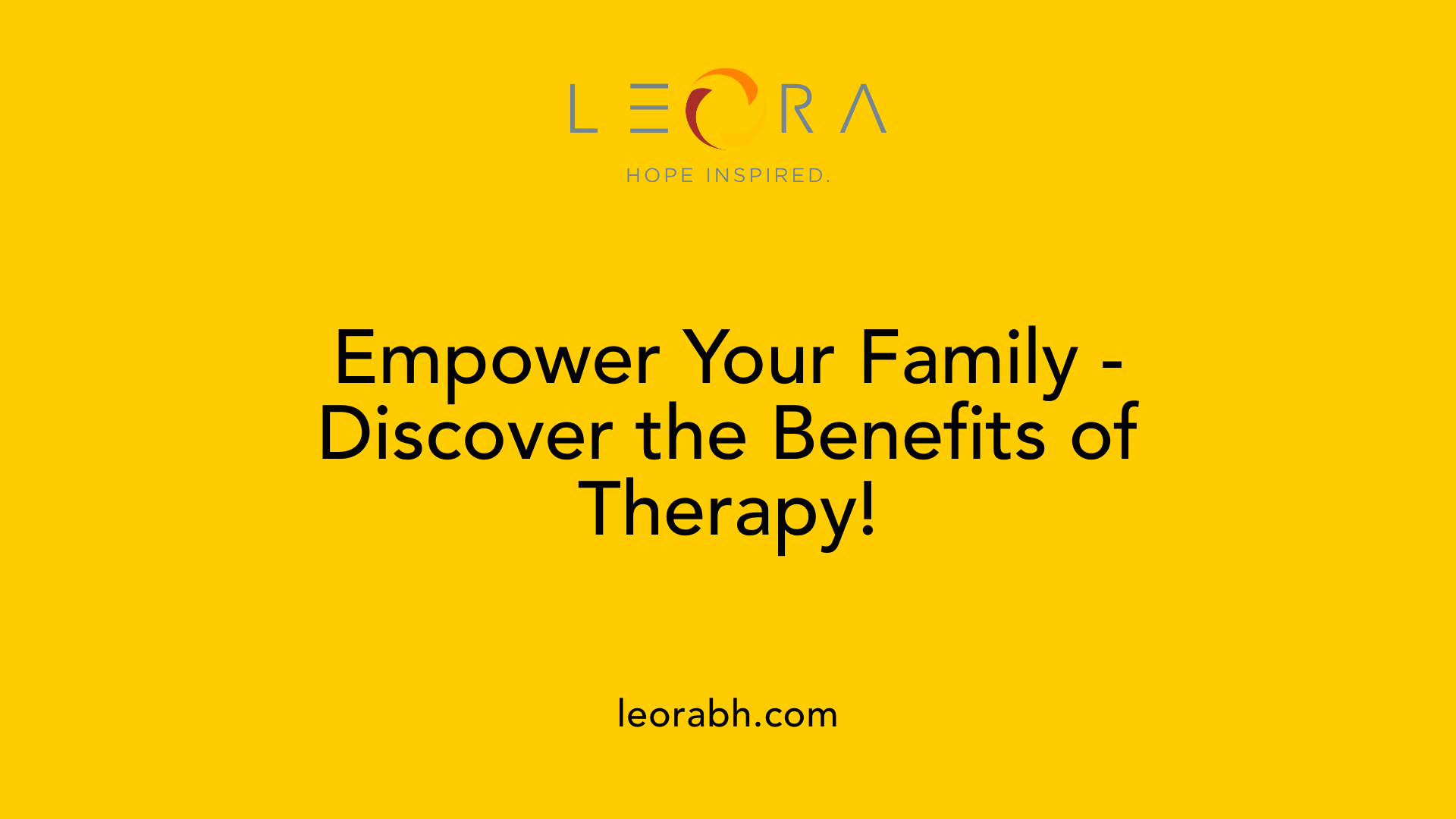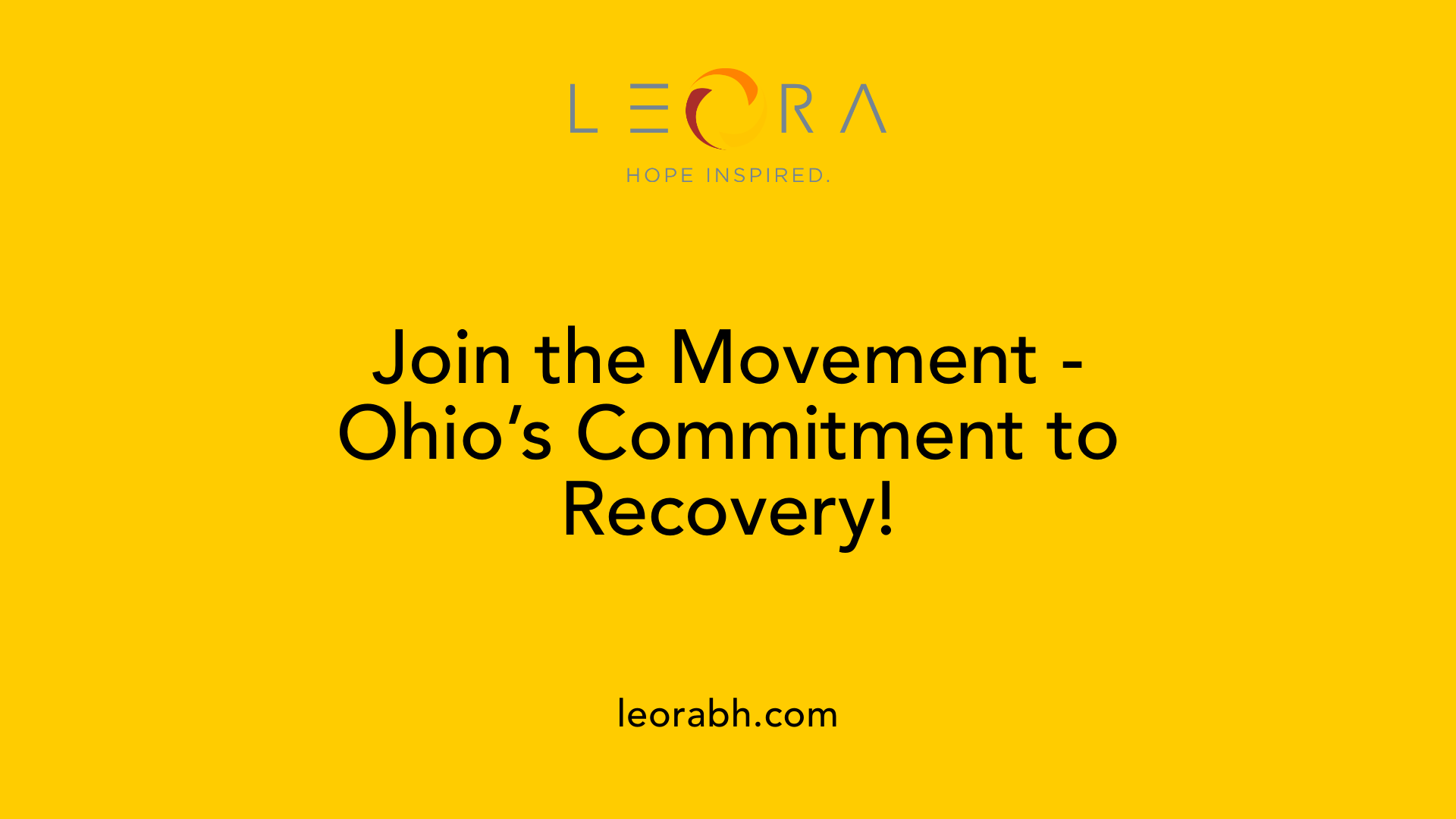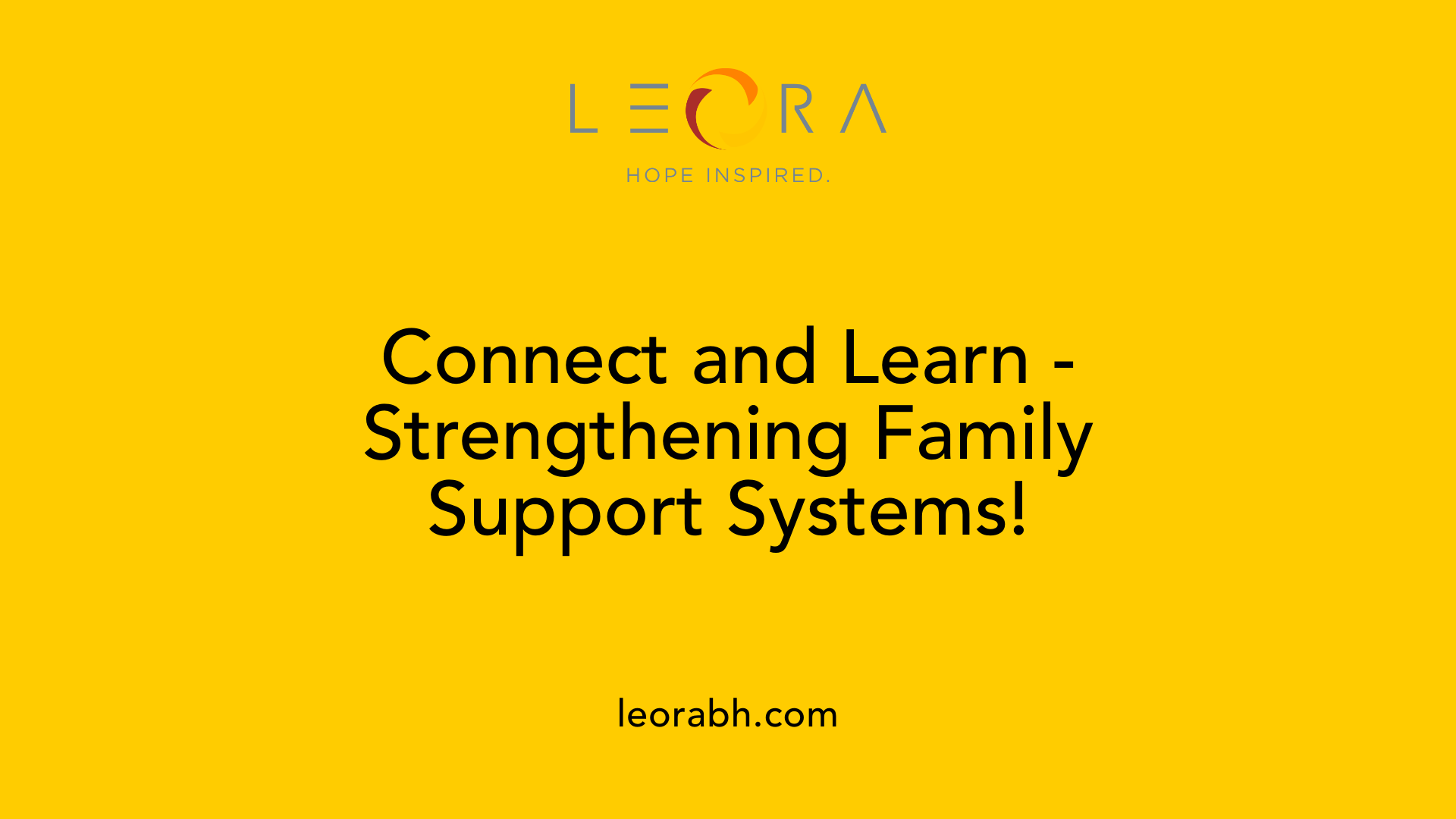Ohio Addiction Hotline for Families
Navigating Addiction Recovery Resources in Ohio for Families
Understanding the Scope of Addiction Support Available
In Ohio, nearly 2 million residents face mental health challenges, with a significant portion not receiving the treatment they need due to various barriers. Families dealing with addiction often bear a large burden, struggling to find the right resources to support their loved ones. This article provides a comprehensive guide to the resources and support systems available in Ohio, specifically for families navigating addiction issues. From hotlines and helplines to therapy programs and support groups, understanding the breadth of support can be the first step towards recovery.
Essential Hotlines for Families Facing Addiction Challenges

What is the Ohio addiction hotline and how can it help?
The Ohio Addiction Hotline at 866-210-1303 offers round-the-clock assistance for anyone grappling with addiction issues. This hotline connects callers to trained mental health professionals who can discuss their struggles and potential treatment options. Callers will also have access to local rehabilitation centers and resources, highlighting the comprehensive network available throughout the state.
Important Resources for Immediate Support
Ohio families facing addiction challenges can reach out to several vital services:
| Hotline Name | Contact Number | Available Services |
|---|---|---|
| Ohio Addiction Hotline | 866-210-1303 | 24/7 support for addiction |
| Ohio CareLine | 800-720-9616 | Crisis support and local resource connections |
| 988 Suicide & Crisis Lifeline | 988 | Confidential support for mental health crises |
| 1-855-DRUGFREE (Substance Abuse Hotline) | 1-855-378-4373 | Talks for parents on drug use concerns |
| Cuyahoga County Suicide Prevention | 216-623-6888 | Links to trained crisis counselors |
Additional Confidential Support Options
Families experiencing issues related to addiction can seek further assistance through various avenues. Crisis hotlines, like the Ohio CareLine, provide support not only for individuals struggling with substance use but also for family members navigating their loved one's recovery. Furthermore, Ohio offers numerous rehabilitation programs tailored for vulnerable populations and specialized resources, ensuring that families receive holistic and needed assistance.
In addition, the Family Therapy Program offered by organizations such as the Ohio Addiction Recovery Center emphasizes the importance of family involvement in the recovery process, equipping them with the tools to provide informed support.
With a strong backing from state resources, Ohio is committed to helping families find effective solutions for addiction and mental health challenges.
Supporting Families through Established Therapy Programs

Family Therapy Programs
Family therapy plays a crucial role in treating addiction, addressing how the disease affects family dynamics. Programs offered at various centers in Ohio, such as the Ohio Addiction Recovery Center and Evoke Wellness, focus on not only the individual in recovery but also their family members. These programs help families understand addiction, develop coping mechanisms, and improve communication. They often include both group and individual sessions, providing a supportive environment to share experiences and challenges.
Educational Resources for Coping with Addiction
Educational sessions are an integral component of family therapy programs. For example, the Family Therapy Program at Evoke Wellness emphasizes teaching families about the effects of addiction and how to recognize signs of relapse. Families can also benefit from resources provided by organizations such as the National Alliance on Mental Illness (NAMI), which offers support groups and educational materials specifically tailored to caregivers. This education empowers families to assist their loved ones more effectively during recovery.
Benefits of Family Participation in Therapy
There are significant benefits to family involvement in therapy, including improved treatment retention and reduced risk of relapse. The collaborative approach fosters better understanding among family members, as they learn to navigate the complexities of addiction together. Programs prioritize communication skills and relational dynamics, which contribute to healthier interactions post-treatment. Moreover, having a support system in place can be crucial for sustained recovery, highlighting the importance of family engagement.
How do I organize a family intervention for a loved one with addiction issues?
To organize a family intervention for a loved one with addiction issues, start by gathering information about their addiction and available treatment options. Form a support team that includes family members and close friends who are committed to helping the individual. It's advisable to consult with a professional interventionist, especially if the person has serious mental health challenges, as they can guide the process and ensure safety. Choose an appropriate intervention model, such as the Johnson Model for a non-confrontational approach or the Love First method that emphasizes expressing care through letters. Finally, plan the intervention carefully, setting clear boundaries and outlining the consequences of not seeking help, to motivate your loved one to accept treatment.
Community Initiatives and Recovery Options

State-supported initiatives
In Ohio, nearly 2 million residents grapple with mental health conditions, with many facing barriers to treatment. Governor DeWine has announced significant funding initiatives to combat the opioid crisis, prioritizing prevention and support. Key resources, such as the RecoveryOhio initiative, aim to create a comprehensive care framework for individuals struggling with addiction. Moreover, programs like the 988 Suicide and Crisis Lifeline are accessible 24/7, ensuring immediate support for those in distress.
Local community resources
Ohio is rich in community resources offering assistance for mental health and addiction. The Ohio CareLine (800-720-9616) provides round-the-clock support, connecting callers with local providers. For individuals dealing specifically with substance abuse, the Ohio Addiction Recovery Center and local establishments such as the Cincinnati Challenge Ranch deliver tailored support. Perry Behavioral Health prioritizes vulnerable populations, offering sliding scale fees and a range of services for pregnant women and IV drug users.
Treatment options available in Ohio
Families navigating addiction can access numerous treatment options across Ohio. The state's varied resources reflect tailored approaches to recovery. Here are several options to consider:
| Resource | Services Offered | Contact Information |
|---|---|---|
| Ohio National Rehab Hotline | 24/7 assistance from trained professionals | 866-210-1303 |
| Ohio State Wexner Medical Center | Inpatient and outpatient addiction services | 614-257-3760 |
| Family Therapy Program (Evoke) | Family support and education | info@evokewellness.com |
| SAMHSA National Helpline | 24/7 free treatment referral services | 1-800-662-HELP (4357) |
What steps can I take to deal with substance abuse in my family?
Dealing with substance abuse in your family can be challenging, but there are steps you can take to navigate this situation. Start by noticing your own behavior, as your responses can affect the dynamics of the family. Recognize the signs of addiction in your loved one and understand that it is a complex issue often tied to other mental health concerns. Maintain a loving yet detached approach to prevent enmeshment, and avoid passing judgment, as this can push your family member away. Finally, initiate open conversations about their struggles, setting realistic expectations for progress, and consider seeking professional help together.
Support Networks and Educational Resources

What support groups are available for families of drug addicts?
Families struggling with addiction can turn to several supportive groups designed to provide assistance and understanding. Nar-Anon is one such group that specifically helps those affected by drug addiction, utilizing a 12-step program similar to AA. Families Anonymous caters to families impacted by various types of addiction, providing a space to share experiences and coping strategies.
In addition, support groups such as Alcoholics Anonymous (AA) and Narcotics Anonymous (NA) allow families to gather emotional support, reducing the isolation many feel when dealing with a loved one's substance use disorder.
Educational tools available
Educational opportunities are vital for families involved in the recovery process. Programs such as SAMHSA's National Helpline offer resources that guide families in discussing substance use with their loved ones. Workshops and informational sessions can cover topics from communication strategies to recognizing signs of relapse, equipping families with the necessary tools to support recovery.
Building effective support systems
Creating an effective support system hinges on open communication and community involvement. Families are encouraged to engage with local resources like the Ohio Addiction Recovery Center and community programs promoting family therapy. These initiatives can improve family dynamics and enhance understanding of addiction, fostering a healthier environment for both the individual in recovery and the family members supporting them.
Confidentiality and Initiating Contact with Addiction Services

Confidentiality in addiction services
Confidentiality plays a crucial role in addiction services, ensuring that individuals feel secure when seeking help. Services like the 988 Suicide & Crisis Lifeline and the Ohio CareLine emphasize privacy, so callers can discuss their situations without fear of judgment or stigma. This confidential support is essential for fostering trust and encouraging more Ohioans to seek the help they desperately need.
How to initiate contact with services
Initiating contact with addiction services in Ohio is straightforward. Individuals can reach out via hotlines such as 866-210-1303 for the Ohio National Rehab Hotline or consult local resources like Perry Behavioral Health. Most services operate 24/7, making it easier for individuals to find help whenever they need it.
Understanding the role of privacy in treatment
The assurance of privacy not only protects individuals' identities but also encourages them to engage more openly in their recovery journey. Programs like the Evoke Wellness Family Therapy Program focus on both individual and family dynamics, stressing the importance of communication while respecting confidentiality, thus fostering a supportive recovery environment.
Empowering Ohio Families to Support Recovery
Navigating the world of addiction support can indeed be overwhelming, but understanding the available resources is a vital step towards recovery. Ohio offers a wealth of support for families, from confidential hotlines and therapy programs to community initiatives. By leveraging these resources, families not only support their loved ones but also empower themselves, taking active roles in the recovery journey. Remember, healing is a collective process, and with the right tools, it becomes a more hopeful and achievable goal.
References
- Ohio Addiction Hotline | 866-210-1303 | 24/7 Support
- Department of Mental Health and Addiction Services | Ohio.gov
- Ohio Substance Abuse Helplines: Drug and Alcohol Addiction Hotlines
- Family Therapy Program in Ohio
- Resources for Families Coping with Mental and Substance Use ...
- Get Help & Support | Ohio Minds Matter
- Family Addiction Therapy Program in Ohio | OhioARC
- Alcohol Addiction Support Ohio - Leora Behavioral Health
- Addiction Help | Ohio – Marketplace - CareSource
Find Your Inner Light
Related Articles
Contact Us
Leora Behavioral Health offers a comprehensive addiction treatment programs to help you get your life back on track.
Our trained professionals will work with you to develop a personalized treatment plan that meets your unique needs. If you or someone you know is struggling with addiction, reach out to Leora Behavioral Health today.


.svg)





.svg)
.svg)
.svg)
.svg)